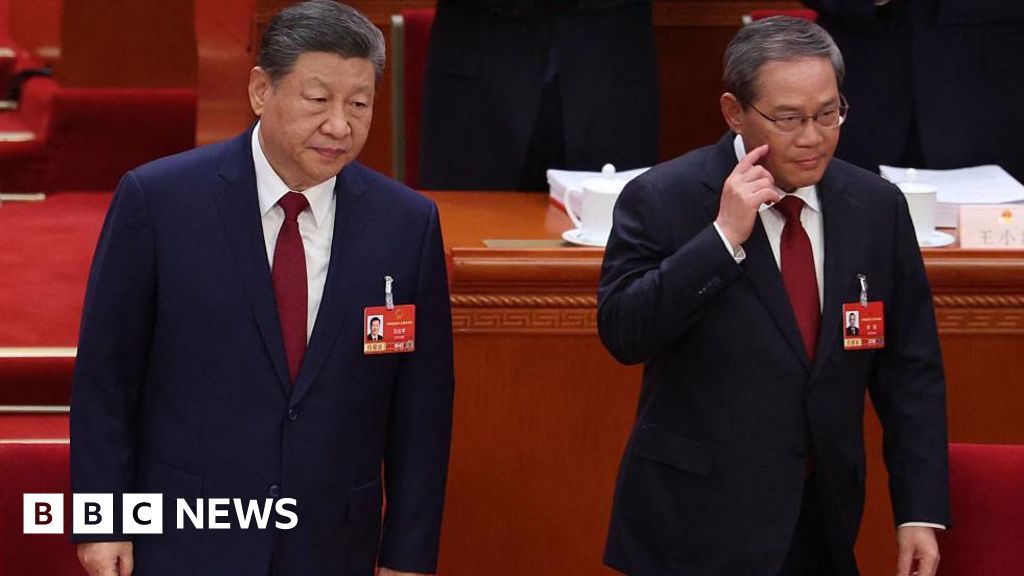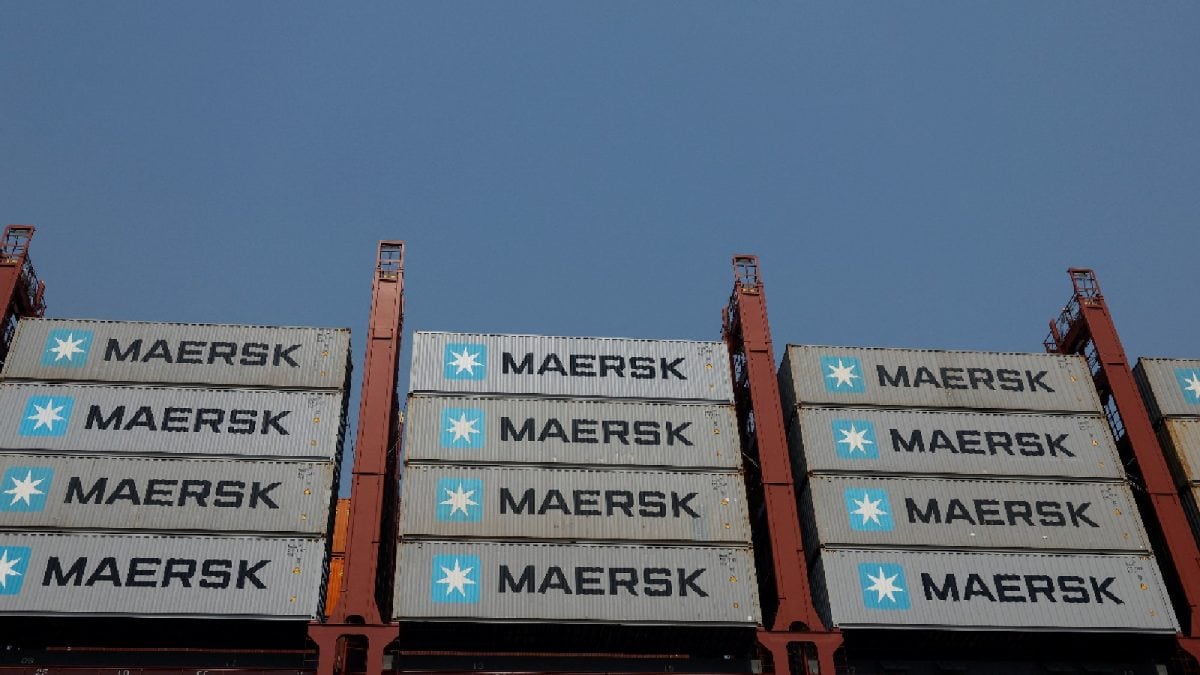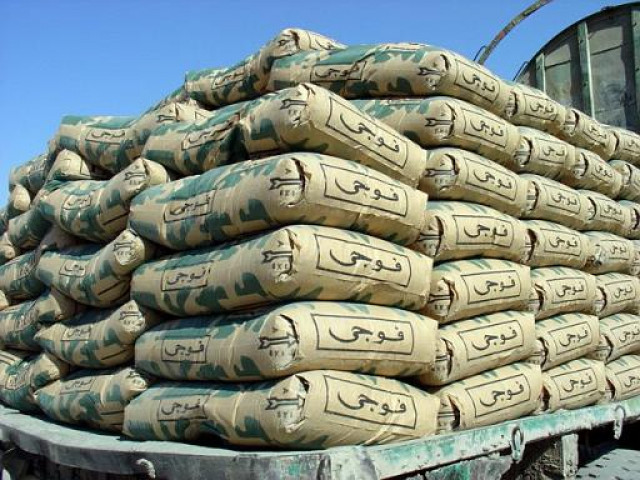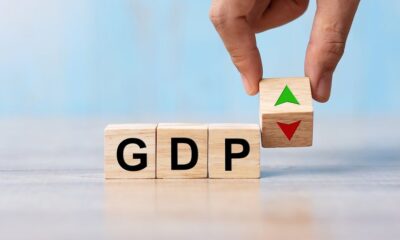Business
Frasers lowers goal for new bonus plan after boss misses £100m payout target

Frasers boss Michael Murray will miss targets to secure a £100 million bonus this year, but the firm has revealed plans for a new scheme with a lowered share price goal that could still see him net the mammoth payout by 2030.
Mr Murray, who succeeded his father-in-law Mike Ashley at the helm in 2022, has waived his salary for three years in a row in order to focus on meeting targets for the potential £100 million award.
The bonus is conditional on the group achieving a pre-tax profit of at least £500 million and a £15 share price for 30 consecutive dealing days.
The two conditions have to be met before October for Mr Murray to receive the mammoth payout under the current scheme.
While the group has met the earnings goal, delivering underlying pre-tax profits of £560.2 million for the year to April 27, it cannot meet the shares target by October, with Frasers stock at around £6.80 at the time of writing.
But ahead of its annual general meeting next month, the Sports Direct owner revealed proposals for a new five-year bonus scheme with a lowered share price target – from £15 to £12 – which could still see its chief executive secure a £100 million payout.
Under the new plans, Mr Murray must meet the shares target by September 30 2030.
It is also conditional on the group achieving an underlying pre-tax profit of at least £500 million, with all other aspects of the scheme remaining the same.
Mr Murray will also forgo the salary for the current 2025-26 financial year, according to Frasers’s latest annual report.
On the decision to amend the shares target for the next five years, Frasers said: “The committee views this as an appropriate share price target for all executive share scheme awards (including those for the chief executive) in the current macroeconomic and political environment which is challenging for all businesses in the UK and also internationally.”
It pointed out that £12 was still above the highest share price reached for Frasers in the past five years, which was £9.49.
Shareholders will vote on the plans at the group’s AGM on September 24.
Details of the new bonus plans came as Frasers announced that the former head of Britain’s audit watchdog will join the firm as chairman from next month.
Sir Jon Thompson will succeed David Daly, who steps down after eight years in the role.
Frasers appointed ex-Financial Reporting Council (FRC) boss Sir Jon to the board as a non-executive director in June and was widely reported to be lining him up to take over from Mr Daly this year.
Sir Jon will take on the role on September 1, with Mr Daly stepping down from the board at the firm’s AGM.
The group also announced the expected appointment to the board of Andy Lyon, a former partner at accountancy giant PwC, who acted as audit partner for Next and its credit business.
It said it was also set to appoint a second “well-advanced candidate” for a further non-executive director position as it looks to also replace Ger Wright and Helen Wright, who are not seeking re-election at the group’s upcoming AGM.
Mr Murray said: “Jon’s deep experience in corporate governance and strategic leadership will be invaluable as we continue to grow as a leading global retail business.”
Frasers is majority-owned by retail tycoon Mr Ashley and also owns brands including House of Fraser, Flannels and Jack Wills and stakes in firms such as Hugo Boss.
Business
Asian stocks today: Markets inch higher mirroring Wall Street gains; Kospi jumps 10%, Nikkei up 1,400 points – The Times of India

Asian stocks inched higher on Thursday, after days of trading in red amid ongoing Middle East tensions. This comes as equities were lifted by a rebound on Wall Street as oil prices paused their recent spike and economic updates painted a more positive picture of the American economy. In South Korea, Kospi hit a pause on its downward rally to add a whopping 10% or 513 points, to reach 5,606. Japan’s Nikkei 225 also climbed 2.7% to 55,713. Hong Kong’s HSI also traded in green, rising 353 points to 25,603 as of 9:10 am. Shanghai and Shenzhen added 0.9% and 1.7% respectively. Gains elsewhere in the region were more modest. Australia’s S&P/ASX 200 added 0.3% to 8,927.20, while New Zealand’s benchmark index moved 0.9% higher. In contrast, US futures indicated a subdued start ahead. Futures linked to the Dow Jones Industrial Average were almost unchanged, while S&P 500 futures ticked up 0.2%. The S&P 500 advanced 0.8% on Wednesday, clawing back much of the decline seen since the onset of the Iran conflict. The Dow Jones Industrial Average rose 0.5%, and the Nasdaq Composite outperformed with a 1.3% gain. Globally, market sentiment has remained sensitive to developments in the Middle East, with oil price swings continuing to steer trading direction. Crude prices eased during Wednesday’s session. Brent crude briefly moved above $84 a barrel before settling at $81.40, roughly matching the previous day’s level. US benchmark crude edged up 0.1% to finish at $74.66 per barrel. By early Thursday, however, oil was on the rise again. Brent crude climbed 2.4% to $83.32 per barrel, while U.S. benchmark crude jumped 2.5% to $76.53 per barrel.
Business
China sets lowest economic growth target since 1991

It is also the first time the target has been lowered since it was cut to “around 5%” in 2023.
Source link
Business
World’s Second-Largest Shipping Firm Maersk Suspends Cargo Bookings Across West Asia Amid War

Last Updated:
Maersk has halted cargo bookings to several West Asian ports due to war disruptions. Affected ports include UAE, Iraq, Kuwait, Qatar, Bahrain, most of Oman, and two in Saudi.


Maersk cited regional conflict and personnel safety as it suspended cargo bookings across West Asia, signalling growing disruption to global trade routes. (IMAGE: REUTERS)
Maersk, the world’s second-largest container shipping company that handles a significant share of global trade, said it has suspended cargo bookings to and from several ports in the West Asia region as the ongoing war begins to disrupt global shipping routes.
The company on Wednesday said it will no longer accept cargo bookings involving ports in the United Arab Emirates, Iraq, Kuwait, Qatar, Bahrain, most of Oman and two ports in Saudi Arabia, according to a report by Barron’s.
However, the suspension will not apply to shipments of critical food supplies, medicines and other essential goods, which will continue to move through the region.
Maersk said the decision was part of operational measures aimed at protecting personnel and safeguarding cargo amid the escalating conflict.
“We are taking operational measures to ensure the safety of our personnel, safeguard your cargo and maintain service stability across affected trades in the Middle East,” the company said in a statement accessed by Barron’s.
Maersk had earlier announced that it would reroute vessels bound for the Suez Canal around the southern tip of Africa and suspend all vessel crossings through the Strait of Hormuz as tensions escalate in the region.
The changes mean ships travelling between Asia and Europe may now take longer routes around the Cape of Good Hope, adding time and cost to global shipping, the news agency said in its report.
Financial markets also reacted to the development. Shares of Maersk traded in Denmark fell nearly 2% on Wednesday following the announcement.
The disruption comes as insurance providers pause coverage for vessels operating in parts of the Gulf amid the intensifying conflict.
US President Donald Trump on Tuesday said the United States Navy would escort oil tankers through the Strait of Hormuz if necessary, as concerns mount over energy supply disruptions.
Copenhagen, Denmark
March 05, 2026, 02:15 IST
Read More
-

 Business6 days ago
Business6 days agoIndia Us Trade Deal: Fresh look at India-US trade deal? May be ‘rebalanced’ if circumstances change, says Piyush Goyal – The Times of India
-

 Politics7 days ago
Politics7 days agoWhat are Iran’s ballistic missile capabilities?
-

 Politics7 days ago
Politics7 days agoUS arrests ex-Air Force pilot for ‘training’ Chinese military
-

 Business1 week ago
Business1 week agoHouseholds set for lower energy bills amid price cap shake-up
-

 Business6 days ago
Business6 days agoAttock Cement’s acquisition approved | The Express Tribune
-

 Fashion1 week ago
Fashion1 week agoOECD GDP growth slows to 0.3% in Q4 amid mixed trends
-

 Fashion6 days ago
Fashion6 days agoPolicy easing drives Argentina’s garment import surge in 2025
-

 Business6 days ago
Business6 days agoGreggs to reveal trading amid pressure from cost of living and weight loss drugs





